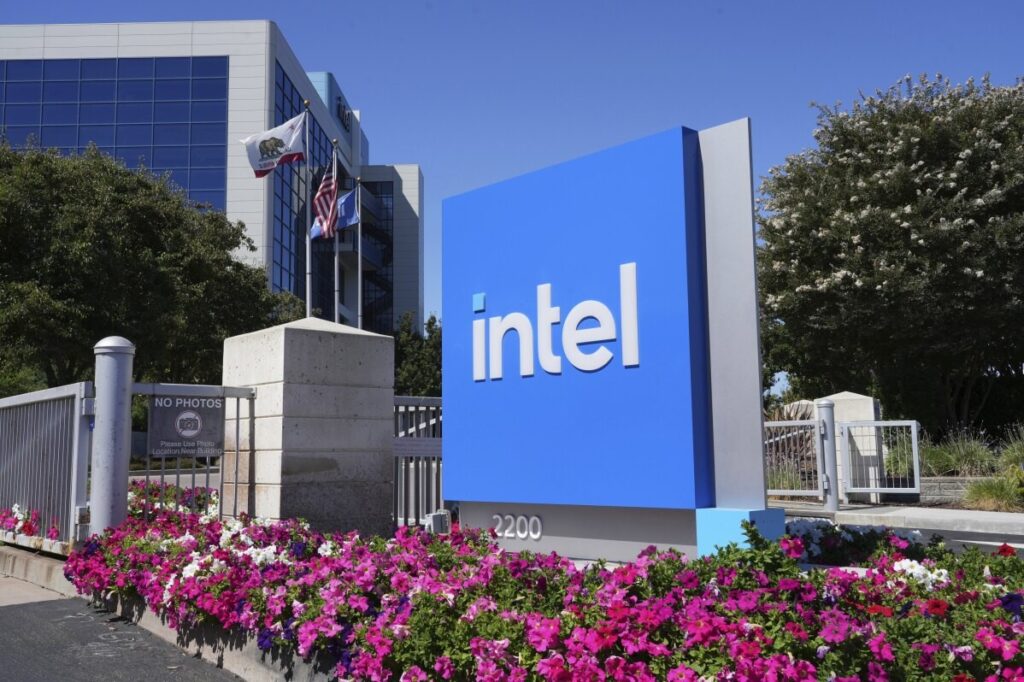Global Markets Stall as Investors Eye Fed’s Next Move Amid Uncertain Economic Signals
World markets show cautious, mixed performances as investors hold their breath for critical Federal Reserve guidance on interest rates, highlighting persistent economic uncertainties that impact American families and businesses.

The global financial landscape remains jittery as world shares opened with mixed results Tuesday, reflecting cautious investor sentiment ahead of anticipated clues from the U.S. Federal Reserve on the direction of interest rates. While Wall Street clings near all-time highs set just days ago, the underlying uncertainty signals deeper concerns about economic stability and Washington’s approach to monetary policy.
Is the Fed Balancing Jobs and Inflation Without Harming Americans?
The balancing act facing the Federal Reserve is far from theoretical—it has real consequences for hardworking American families and businesses striving for prosperity. The Fed aims to sustain a robust job market while keeping inflation in check, but each goal often pulls against the other. Lower interest rates can encourage borrowing for homes and investments, yet risk fueling inflationary pressures that squeeze wallets nationwide.
This tension was evident in recent trading: key U.S. indexes barely moved, signaling investors’ anticipation of Fed Chair Jerome Powell’s upcoming remarks at Jackson Hole, Wyoming—a stage historically reserved for major policy announcements. Markets are looking for hints on whether the Fed will relent from its prolonged rate hikes by cutting rates this September—a move that could invigorate growth or dangerously stoke inflation.
Mixed Market Signals Reveal Global Economic Fragility
Internationally, shares tell a story of uneven recovery and geopolitical uncertainty. Japan’s Nikkei fell modestly after SoftBank’s surprise $2 billion investment in Intel boosted American chipmaking confidence but failed to lift broader sentiment. Europe’s cautious gains underscore ongoing unease following President Trump’s summit with Vladimir Putin—an event whose implications for global stability remain unclear but inevitably affect America’s security environment.
Meanwhile, commodities like crude oil retreated slightly, reflecting fragile demand outlooks that impact energy prices here at home—another factor influencing inflation and household budgets.
How long can America afford indecision? The current market hesitancy underscores a critical question: Are our policymakers truly prioritizing national sovereignty and economic liberty over globalist ambiguity? For families already stretched thin by rising costs, every delay or misstep from Washington threatens not only financial well-being but national strength in a competitive world.
